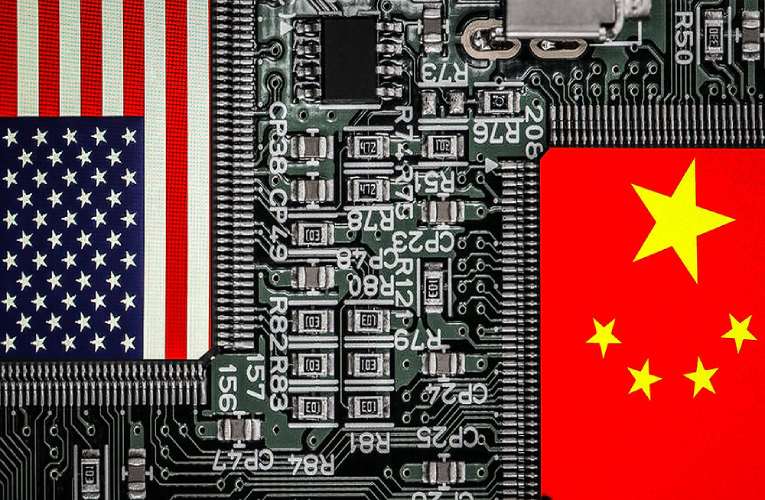
It has forced the global business tycoons to abide with the US rules due to which China’s access to some important segments of the semiconductor supply chains became very difficult
A year back, the US government took some stern measures to shatter China’s dream of leading the global tech economy and to protect the country’s national security and competitiveness, the government implemented restrictions on export of cutting-edge manufacturing equipment and semiconductors to China. The decisions have been taken by the US government because China was undertaking various efforts to spearhead top-notch technologies internationally such as high-performance computing, AI, and 5G.
In order to implement the restrictions successfully, the US government has called for Foreign Direct Product Rule (FDPR), which will assist the US to extend export restrictions to foriegn goods crafted with American technology. The FDPR proved to be highly imperative because it helped the US government to control the entire sale of semiconductor equipment to China, which are manufactured by foreign firms with US technology.
It has forced the global business tycoons to abide with the US rules due to which China’s access to some important segments of the semiconductor supply chains became very difficult. Now, bearing in mind the probable costs and risks, the US is trying to manipulate the allies to stop selling key semiconductor technology to China and also restrict trade. Therefore, the Netherlands and Japan made it very difficult for China to access cutting-edge semiconductor manufacturing equipment.
According to the market experts and report by Geopolitica, in the global semiconductor supply chain, the US might have overplayed its position, persuading the major foreign firms to form their independent supply chains and replicate US technology. Experts added that this strategy could largely erode USA’s status in the global semiconductor market, which will ultimately result in loss of revenue and market share. Moreover, the relationship between its allies will also sour and degrade its potential to cooperate on upcoming strategic initiatives.
With the help of subsidiaries, a couple of Chinese firms have purchased chipsets, and others have been able to access processing power provided by advanced Western chips through cloud providers and rental arrangements, reported by Geopolitica. Although the pace is a bit slow, this has helped China to perk-up its own semiconductor industry. Speaking of shorter term, China will try to find steps to overcome restrictions by the US government. The fact is evident because China wants to develop its semiconductor industry from scratch and it's a top priority for them and also does not want to depend completely on imported technology.

